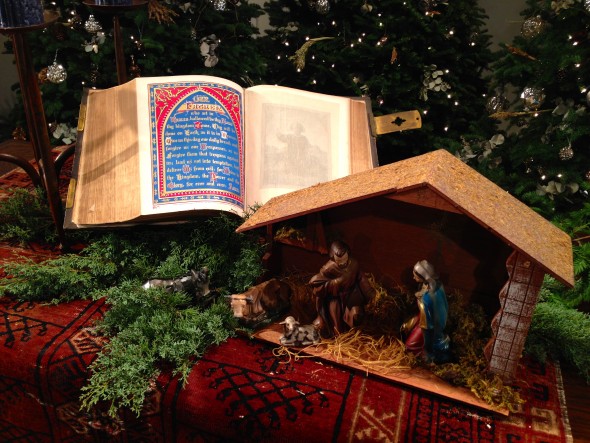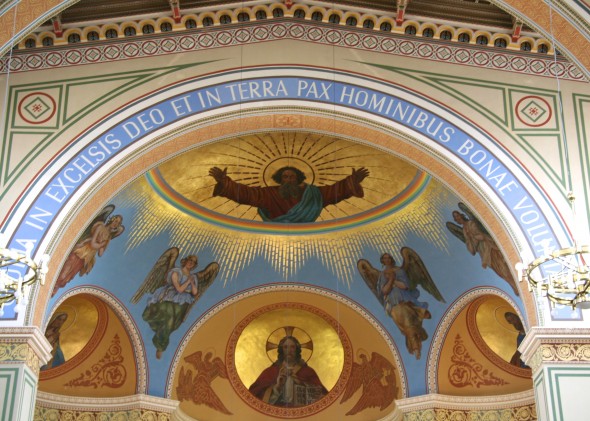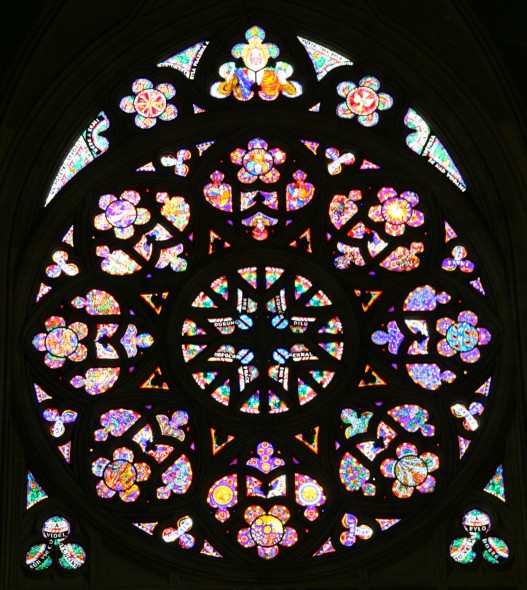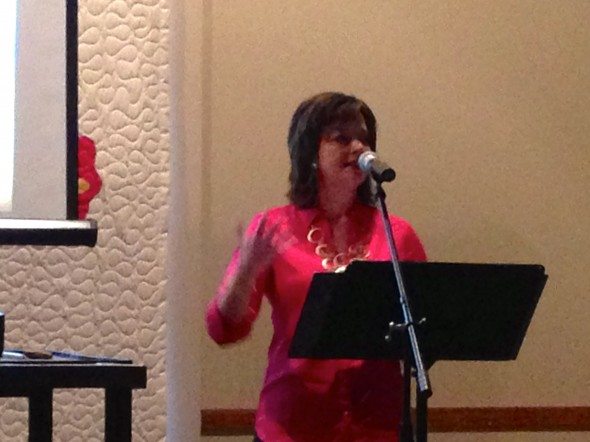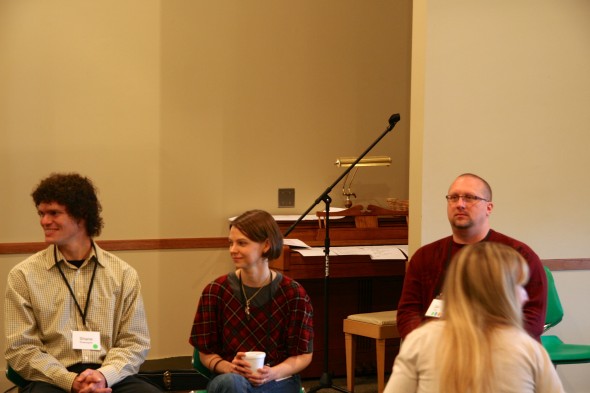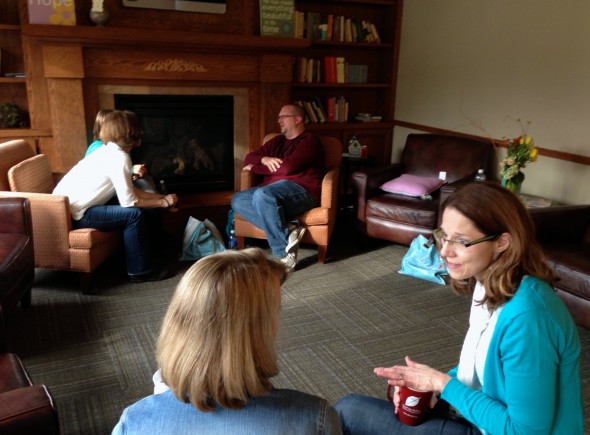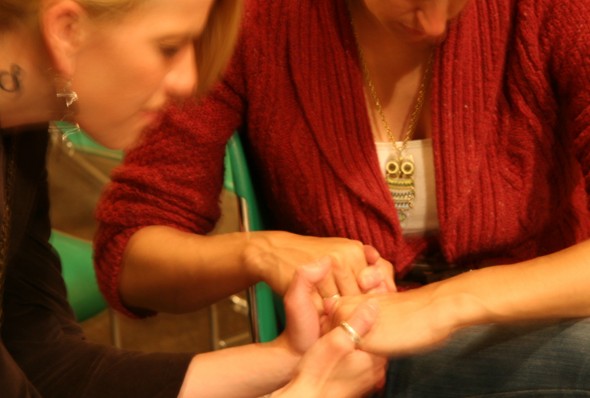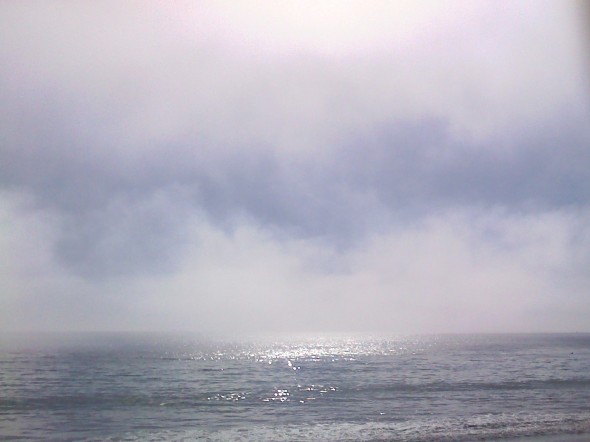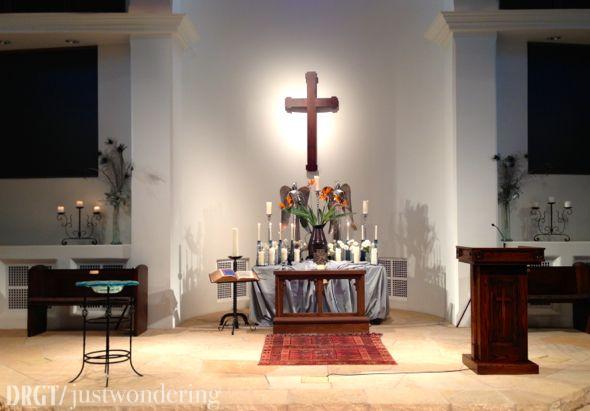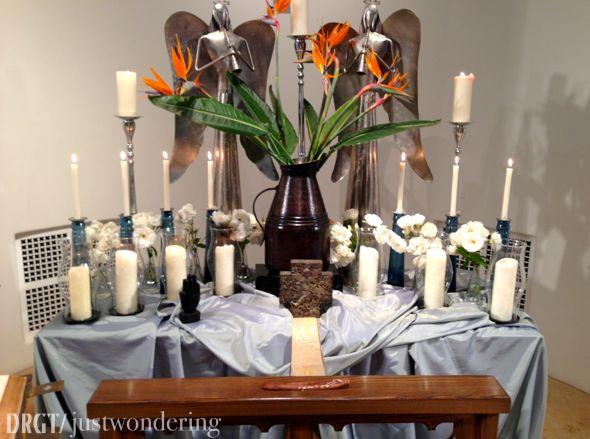Paul stood up, paused and took a deep breath, then said, “Fellow Israelites and friends of God, listen. God took a special interest in our ancestors, pulled our people who were beaten down in Egyptian exile to their feet, and led them out of there in grand style. He took good care of them for nearly forty years in that godforsaken wilderness and then, having wiped out seven enemies who stood in the way, gave them the land of Canaan for their very own—a span in all of about 450 years.
“Up to the time of Samuel the prophet, God provided judges to lead them. But then they asked for a king, and God gave them Saul, son of Kish, out of the tribe of Benjamin. After Saul had ruled forty years, God removed him from office and put King David in his place, with this commendation: ‘I’ve searched the land and found this David, son of Jesse. He’s a man whose heart beats to my heart, a man who will do what I tell him.’
“From out of David’s descendants God produced a Savior for Israel, Jesus, exactly as he promised—but only after John had thoroughly alerted the people to his arrival by preparing them for a total life-change. As John was finishing up his work, he said, ‘Did you think I was the One? No, I’m not the One. But the One you’ve been waiting for all these years is just around the corner, about to appear. And I’m about to disappear.’”
Acts 13:16-25 -The Message
What’s the big deal about David’s line?
Sounds to me like this royalty thing
is just plain outta whack.
Who needs a king, anyhow?
Old ideas, out-of-date,
lots of ceremony,
nothing you can put your
hands on,
or wrap your mind around.
Who needs a king anyhow?
Kinda funny that God
takes the misbegotten
dream of ancient Israel
to have a king,
like all the other cool kids,
and turns it on its head
by sending one
direct to Bethlehem.
Kinda cool, too.
Dear Jesus, thank you for being a king-beyond-the-usual, for loving us and choosing your lineage carefully, and coming like a tiny surprise package to change the world. Will you help me to keep changing? To keep looking for ways in which you surprise and upend my expectations? Thank you.
